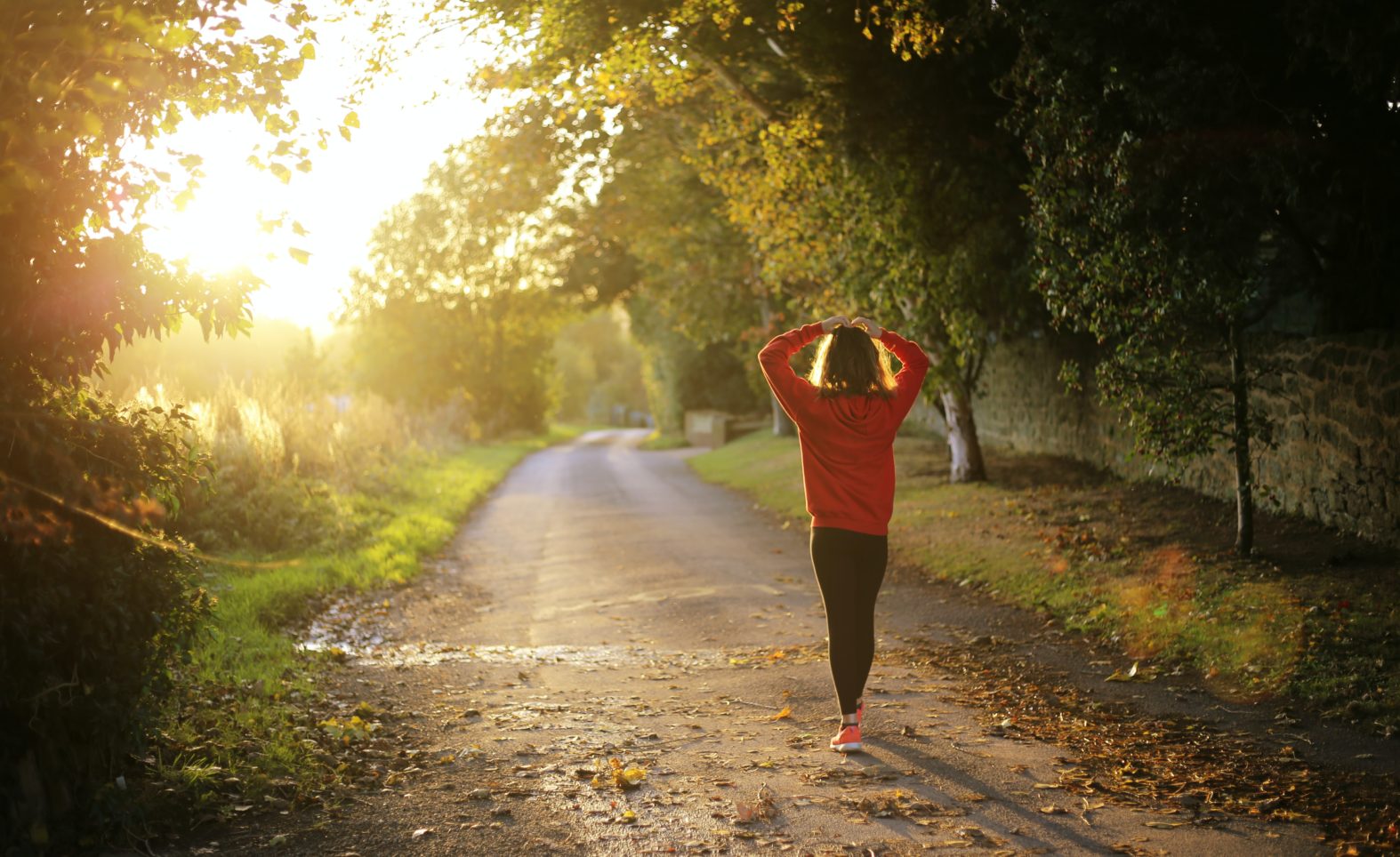Whyalla featured on hit documentary series Australian Story
In September 2018, the ABC’s hit documentary series Australian Story tracked ...

Dr Jenny George, CEO of global workplace assistance, health and wellbeing program provider Converge International, provides the following advice on the topic of mental fitness.
Why mental fitness and not, say, resilience?
There are many similarities between mental fitness and resilience, and in fact at Converge we have always been involved in helping individuals and organisations increase their resilience. However mental fitness is broader than just resilience. Resilience measures how well you bounce back from adversity. Mental fitness includes this but is also about staying in tip-top condition so that your wellbeing is at high levels even when no adversity is present. Resilience focuses on the outcome – getting to a particular level of ability to cope with knock-backs, whereas mental fitness focuses on improvement and identifies the inputs that you are able to control. This ensures you’re improving and protecting your wellbeing starting from wherever you are now.
Is there much evidence to support the concept of mental fitness?
Is there what! One of the most interesting things to discover about mental fitness was just how much relevant research has been done over decades about the sources of wellbeing and the particular interventions that help to raise and maintain long term good mental health. Some of the key findings are in a white paper that I compiled with a colleague and is published and available for free by Converge called, “Wellbeing and how to improve it”.
How are mental fitness and mental illness related?
They are absolutely not the same thing. But they are related. Going to the gym doesn’t stop you breaking your leg – or having a heart attack – but we also know that people who keep themselves physically fit live longer on average with fewer health problems. It’s possible for someone who has high levels of mental fitness to develop or to struggle with a long-term mental illness. But it’s also more likely that someone will develop or struggle with mental illness if they have low levels of mental fitness.
What do you see as the future for mental fitness right now – particularly in the context COVID-19?
Obviously right now is an important time for people to maintain their mental fitness. But for many people the habits that are normally built into their lives – like grabbing a coffee with a friend, walking in a park on the way to work, getting into nature at the weekend, eating well or volunteering at a charity – may have been disrupted. That means that people need to be much more intentional about developing new habits to replace things that were part of their pre-COVID routine.
Habits to increase your mental fitness during COVID-19
How to prioritise your habits:
i use to worry about all the work i needed to do when i first took my promotion for scheduling in our facility. i needed to get it implemented to the computer for a better way of tracking. I’m doing upgrades in stages now, which i have noticed i am more relaxed, instead of being stressed when i come to work. Now i am focusing more on family when i get home instead of thinking about how much work needs done to get where it needs to be.